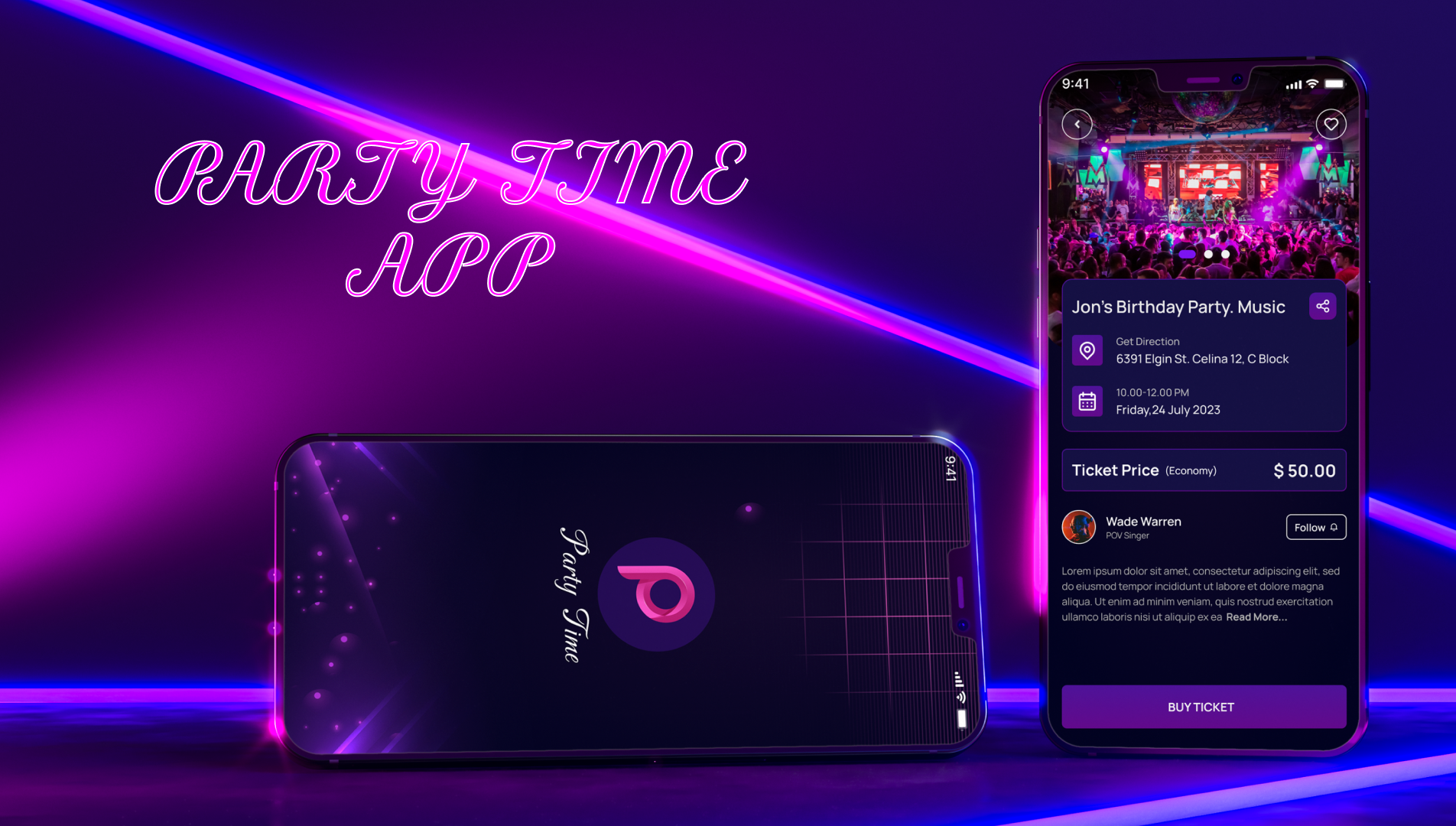Event Management - Organize Events | Event Booking | Event Create | Buy Tickets Android & IOS application
-
Platform
iOS, Android -
Version
3.x -
Update
Jul 11 2025 -
Category
-
Free Support
6 Month -
Customization
Not Available

| Last Updated | : | July 11, 2025 |
| Release Date | : | April 09, 2025 |
| Compatible Frameworks | : | Laravel, Bootstrap, JavaScript |
| Web File | : | PHP, Larvel, Bootstrap, SCSS, JS, JQuery |
| App File | : | Flutter, Dart, Provider, Bloc, APK, IPA |
| Technologies Used | : | PHP, Laravel, Bootstrap, JavaScript, jQuery, MySQL |
| Layout | : | Responsive Design for all devices |
| Supported Browsers | : | Chrome, Firefox, Safari, Edge, Opera |
| Doc App Video | : | Watch App Video |
| Doc Web Video | : | Watch Web Video |
| Blog App | : | Visit App Blog |
| Blog Web | : | Visit Web Blog |
| Tags | : | Digital, Software, Web Application, Online, SaaS |
| PHP Version | : | PHP >= 8.2 |
| MySQL Version | : | MySQL >= 8.0 |
| Server Type | : | Apache, Nginx |
| SSL Required | : | Yes |
| PHP Extensions | : | BCMath, Ctype, JSON, Mbstring, OpenSSL, PDO, Tokenizer, XML |
| Disk Space | : | 500 MB |
| URL Extension | : | Enabled |
| DOM Extension | : | Enabled |
| Filter Extension | : | Enabled |
| Hash Extension | : | Enabled |
| Mbstring Extension | : | Enabled |
| Session Extension | : | Enabled |
| XML Extension | : | Enabled |
| Server Requirements | : | DigitalOcean VPS Server: Recommended: 2 Cores, 4 GB RAM, 80 GB SSD |
| Framework | : | Flutter |
| Language | : | Dart |
| Flutter Version | : | 3.29.3 |
| Dart Version | : | 3.7.2 |
| CompileSDKVersion | : | 35 |
| MinSDKVersion | : | 23 |
| Internet Requirement | : | Yes |
Buy Hosting
Choosing the right domain and hosting service is paramount for establishing your online identity. We guide you through this process, helping you select the perfect domain name and providing reliable hosting options that cater to your specific needs. Let us simplify the domain and hosting acquisition process for you.
Server Setup
Efficient and credible server setup is vital for a smooth-running online presence. Our team of experts will handle the intricate aspects of server configuration, ensuring optimal performance, security, and scalability. Trust us to set up the backbone of your digital infrastructure.
IT Support
Technology hiccups can hinder productivity and disrupt your business operations. Our dedicated IT support team is always ready to assist you. Whether it's troubleshooting software issues or general technical guidance, we are here to ensure your systems run seamlessly.
Dedicated Support
Our commitment doesn’t end at deployment. With Dedicated Support, you’ll have a responsive, expert team at your fingertips, ready to troubleshoot issues, deliver regular updates, and tailor solutions to your evolving needs.
Quality Assurance
To make sure your Software meets the highest standards, our quality assurance experts employ rigorous testing methodologies. From functional testing to performance and usability testing, we leave no stone unturned in delivering reliable, bug-free applications that exceed your expectations.
Domain Setup
We take care of the entire domain set up process, from domain registration to DNS configuration. Our team ensures that your domain is correctly linked to your website, allowing for seamless connectivity. Trust us to handle the technical intricacies while you solely focus on your business operations.
System Integration
Efficient system integration is important for streamlining your business processes and maximizing productivity. Our experts possess the knowledge to integrate diverse software systems, ensuring smooth data flow and synchronization across various platforms. Experience seamless integration with our tailored solutions.
Cloud Computing
Unlock the power of cloud computing with our cutting-edge solutions. We help you harness the scalability, flexibility, and cost-efficiency of cloud services, enabling you to store, manage, and access your data and applications securely from anywhere. Embrace the cloud and transform your business operations.
Security Configuration
Safeguarding your digital assets starts with robust security measures. Our team implements industry-standard firewalls, encryption protocols, and security policies to protect your infrastructure from cyber threats. From access control to vulnerability assessments, we ensure a secure environment for your operations.
Change Logs
Version 3.x (09 Apr 2025)
Benefits
- Free Installation
- Free 6 Months of Support
- Automation Installer
- Full Source Code
- Priority Based Support
- 7 Days Trial
- 24 x 7 Support
Addons List
- No addons available for this product
Multi Currency & Multi Language


2 interest free payments with
Why Choose us
-
Proven Expertise – Years of experience delivering high-quality software solutions.
-
Agile Development Process – Ensuring flexibility, scalability, and speed.
-
Competitive Pricing & Cost – Effective Solutions – Maximizing ROI.
-
Client-Centric Approach – Tailored solutions for startups, enterprises & SMEs.
-
Cutting-Edge Technologies – AI, Blockchain, Cloud, and Automation.
-
Ready to Elevate Your Business – Innovative Software Solutions for your business needs.
-
Contact Us Today – Discuss your project & get a FREE consultation!





